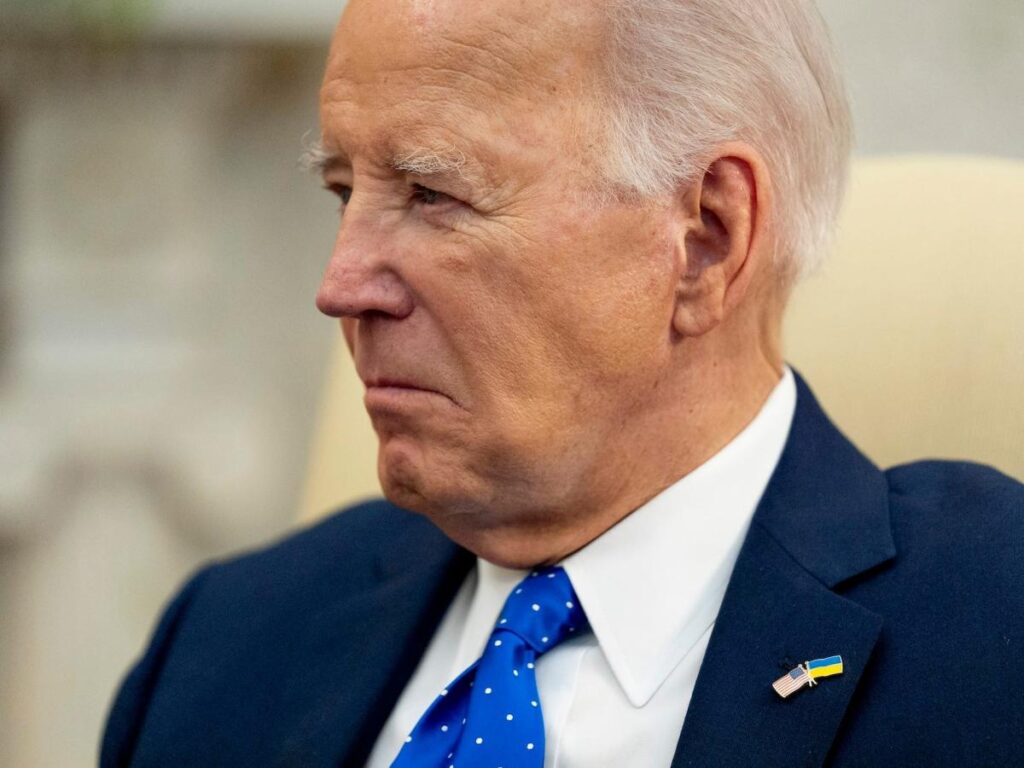The Biden administration is taking a notable stance against big corporations, particularly in the tech sector, by advancing a series of antitrust lawsuits and investigations. This aggressive approach differs significantly from the policies of previous administrations, focusing on the consolidation of corporate power over the past few decades. Antitrust expert Rebecca Allensworth points out that this move illustrates Biden’s determination to address the influence large companies exert on American consumers and the economy at large. By prioritizing actions against firms that are perceived to be operating as monopolies, the administration is signaling a clear departure from the more laissez-faire approaches of the past.
One of the key facets of this antitrust initiative involves high-profile investigations into major technology companies including Nvidia, OpenAI, Live Nation, Google, Apple, Amazon, and Meta. The Department of Justice (DOJ) and Federal Trade Commission (FTC) are spearheading efforts to scrutinize these corporations for potential anti-competitive practices. For instance, the DOJ has launched an investigation into Live Nation for “anti-competitive and illegal” practices that have allegedly harmed market innovation and user experiences. Simultaneously, investigations into AI companies such as Nvidia and OpenAI are also underway, with the intention of determining how their market behaviors could violate antitrust laws.
Recent developments in the antitrust landscape have seen significant legal challenges aimed at these tech giants. In a decisive ruling against Google, a federal judge found the company guilty of violating antitrust laws by prioritizing its search engine as the default option on various platforms through substantial financial incentives. This ruling has raised the possibility of severe penalties, which could include corporate restructuring or even dissolving parts of its business operations. Other tech giants such as Apple and Amazon are also facing considerable legal hurdles, as the DOJ and FTC challenge their respective market behaviors perceived as monopolistic, with lawsuits that highlight the companies’ methods of maintaining market dominance.
Another major element of Biden’s antitrust agenda is rooted in a broader perspective that extends beyond just the tech industry. The administration has intervened in various sectors, such as the airline and grocery industries, where corporate consolidations may negatively impact competition. For instance, the proposed merger between JetBlue and Spirit Airlines has been blocked by a federal judge, and the FTC continues to evaluate Kroger’s acquisition of Albertsons Companies. According to Allensworth, these actions showcase a broad effort to tackle market concentration across different sectors, emphasizing that the issues extend significantly beyond the technology landscape.
While the Biden administration is committed to overseeing these antitrust challenges, it recognizes that the outcomes of these efforts ultimately rest with the judiciary. Courts operate within a legal framework that is less susceptible to political tides, suggesting that the administration can advocate for stringent corporate oversight without necessarily being guaranteed favorable results. Despite this unpredictability, the pursuit of antitrust actions represents a significant shift in the federal government’s approach to corporate regulation, indicating an eagerness to reshape the market landscape in a way that prioritizes consumer interests and fosters fair competition.
As the Biden administration continues to advance its antitrust initiative, it faces pushback from industry leaders and stakeholders. Some leaders within the tech sector, who typically align with Democratic values, have expressed discomfort with the administration’s aggressive stance and raised concerns about its implications on innovation and market dynamics. The ongoing scrutiny that these corporations face highlights the core tension between fostering a competitive market while simultaneously ensuring that corporate growth does not stifle consumer choice or harm the economy. Ultimately, the success of Biden’s antitrust agenda will depend on the legal rulings that follow and the balance that can be achieved between effective regulation and market vitality.

